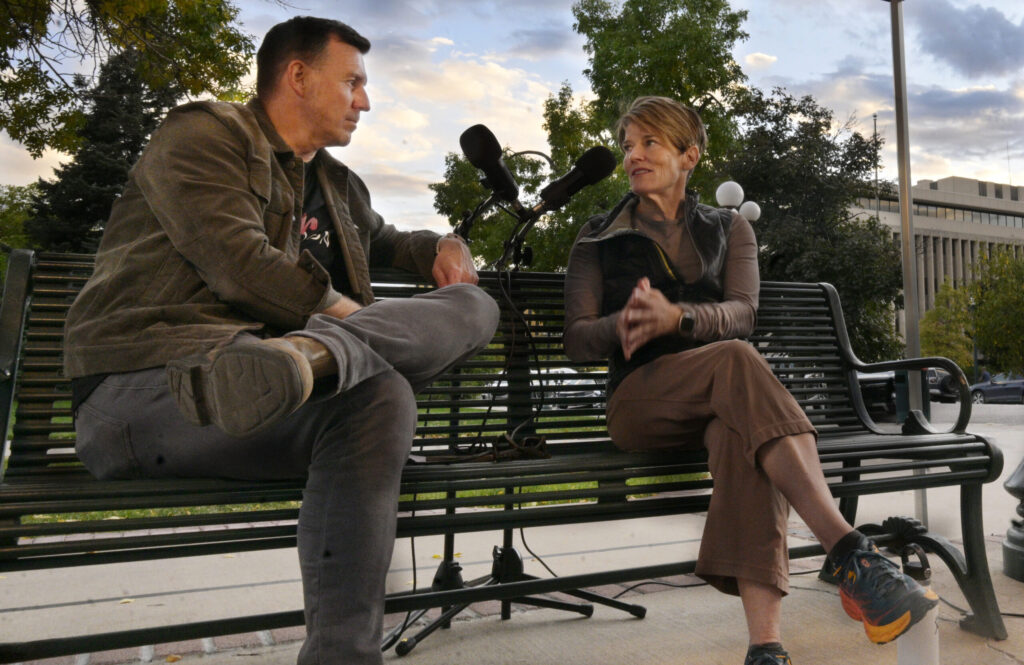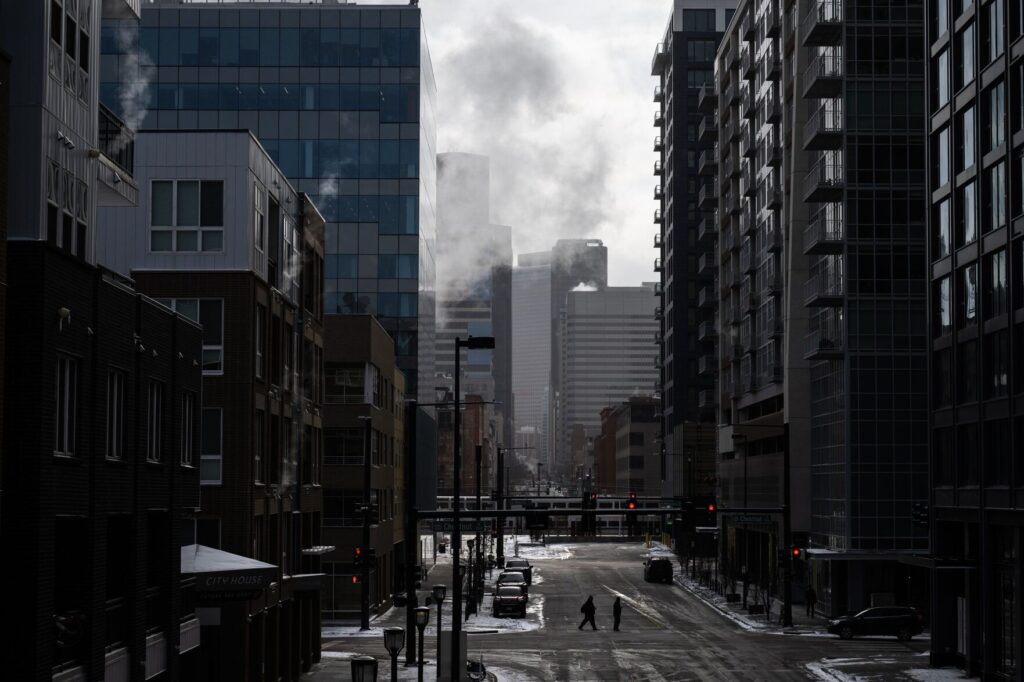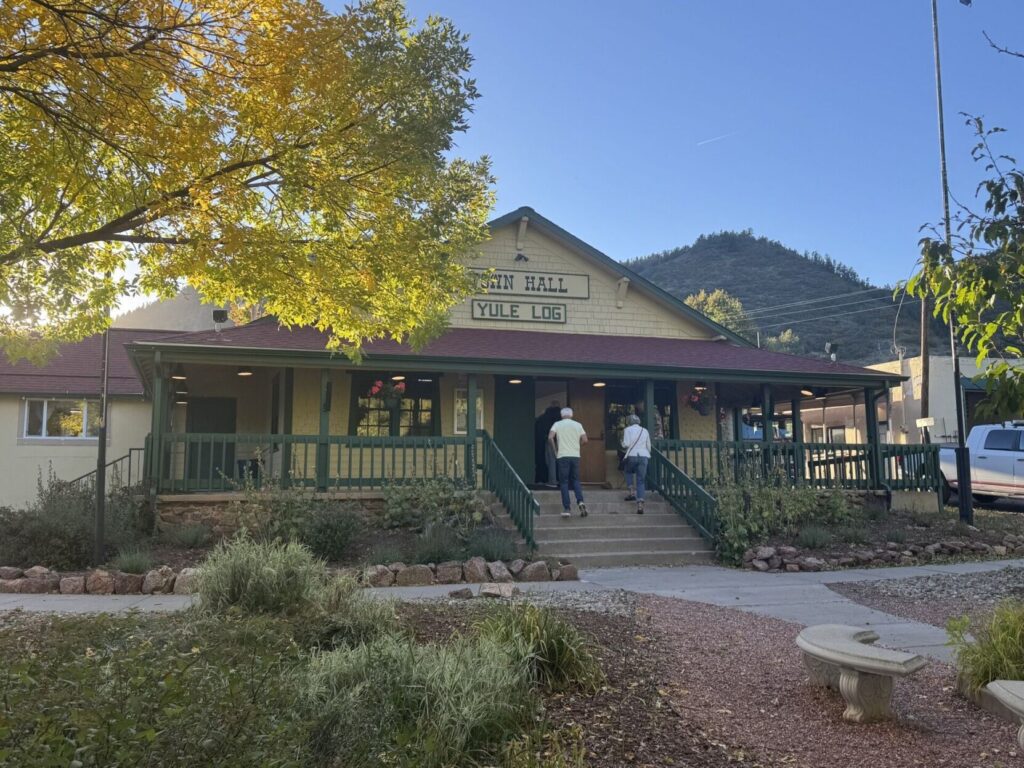Denver Council advances at-large candidate measure, but ranked choice voting fails
The Denver City Council narrowly passed a bill Monday that sponsors argue will “modernize” how Denver elects its two at-large council members with a narrow vote of 7 to 6, on its first reading.
“Officials who are elected to represent a city-wide constituency should be elected by a city-wide majority,” District 9 Councilmember Darrell Watson said.
Instead of voting for both at-large members on one ballot, voters would choose them separately on two ballots — At-Large A and At-Large B.
“This ensures each at-large winner gets more than 50% of the vote, like our city charter requires of all other citywide elected mayor, auditor, clerk and recorder, and, of course, your district city council members,” Watson added.
City officials argue that the “single-shot” voting “incentivizes voters to waste their second vote in order not to harm the chances of their first-choice candidate from winning.”
“I see this measure as a positive move, because it moves the city to more accountability and a majority vote system,” National Civic League President and former at-large city councilmember Doug Linkhart.
Denver’s At-Large positions are the only city offices not elected by a majority of the votes.
This bill will return next Monday, Aug. 18, to the Denver City Council for a second reading and final consideration.
The council also narrowly failed a pair of bills that, if approved on a second reading, would have allowed for the consideration of instant runoff or ranked-choice voting on the November ballot.
In instant-runoff voting – sometimes called ranked-choice voting – a candidate who wins a majority of the first-choice votes is the winner.
However, if no candidate obtains a majority, the one with the fewest first-choice votes is eliminated, and their votes are redistributed to the voters’ next choices, with “winning” candidates getting a majority only of the remaining, smaller pool of ballots.
Supporters of the instant-runoff measure suggest it saves money over actual run-off elections.
“Denver’s current Runoff Model asks people to vote twice, which can be a disincentive to voters,” Susan Stark of the Denver League of Women Voters said.
Opponents argue that to implement such a process would require a substantial investment in voter education to ensure maximum participation.
Others insist the instant runoff initiative is not needed as it doesn’t solve a problem.













